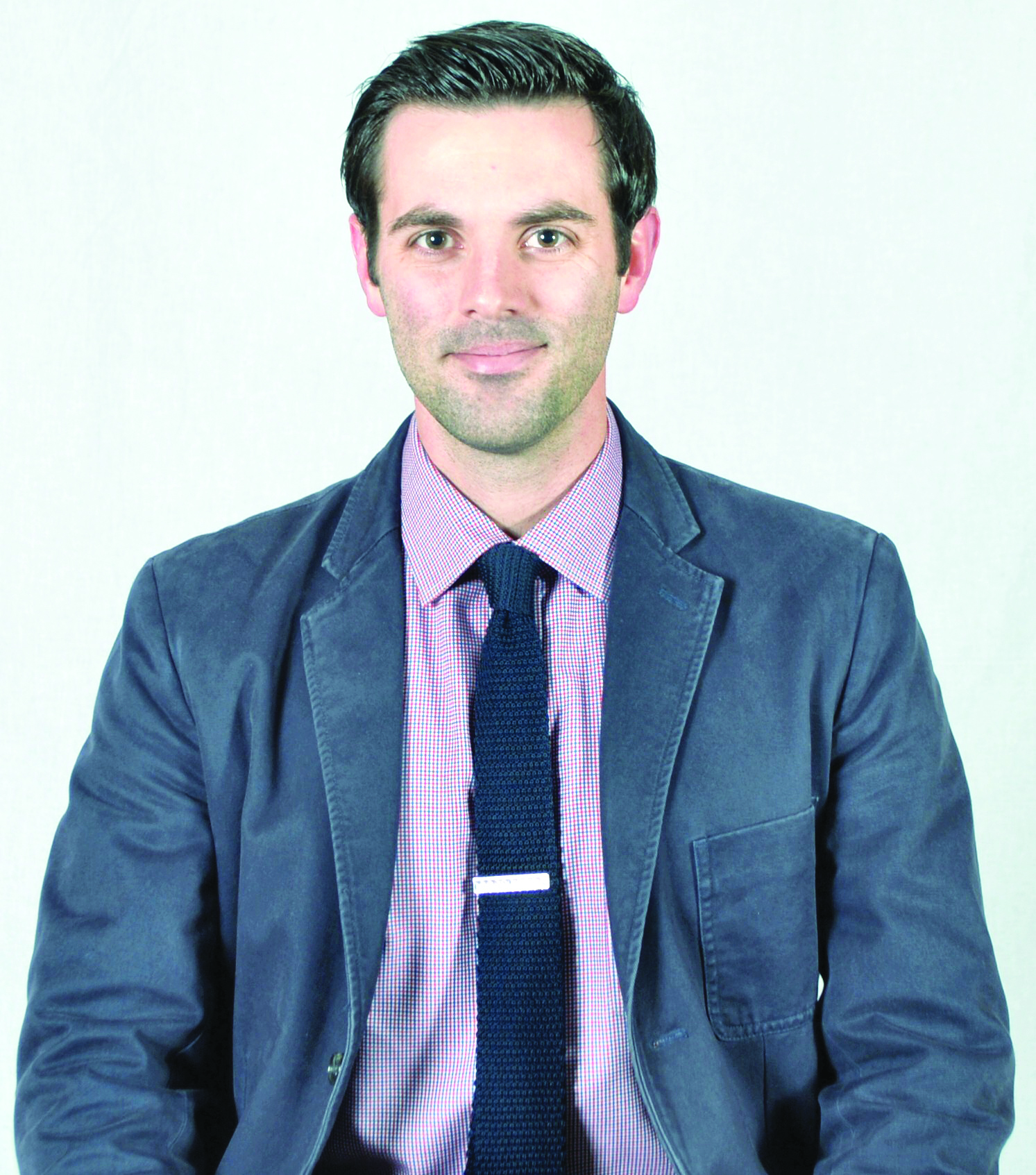By D. MASON STEHLE
STAFF WRITER
Fifteen years ago, the institution of journalism was in crisis. Traditional media of communication that had been in place for nearly four decades were disrupted by an influx of new agents such as social media platforms and digital news startups. Citizen journalism, loosely defined as “the collection, dissemination, and analysis of news and information by the general public,” has grown to oppose mainstream mass media institutions by adhering to alternative sources and journalistic ideals.
In this new age of citizen journalism, the marketplace is no longer creating the news. Individuals making use of modern technology have allowed civilians to shape discourse rather than professional media organizations. Citizen journalism has created a new arena for conversation that previously did not exist in traditional media like newspapers.
Despite the mentioned advantages, there are critiques of citizen journalism. Some consider the practice to be far too informal due to the frequent use of unofficial sources, loose adherence to objectivity norms, and the lack of attention paid to business and market news. The journalistic form also features less stringent editing, as most participants lack formal training.
Citizen journalism, however, has not remained the informal and unprofessional practice that it once was. According to Andrew M. Linder, PhD, Assistant Professor at Skidmore College, citizen journalism is becoming professionalized and abandoning its modest origins. Lindner’s recent research has quantified the phenomenon of citizen journalism, tracking its growth and decline over the past two decades.
In order to study citizen journalism, Lindner first had to create an explicit definition for the new institution that, by its very nature, eludes definition. In order to be considered citizen journalism, the information had to be presented in website form, clearly labelled as citizen journalism, and could not be facilitated by a professional news organization. This definition may exclude some participants, but allowed Lindner and his fellow researchers to establish baseline assumptions for studying the practice.
An important distinction made in the research separated the similar practices of citizen journalism and participatory journalism. The latter is when citizens work to gather information that is distributed by traditional mainstream sources. Participatory journalism was not included in the research.
Lindner’s research ended with a few different conclusions. A main observation was that sites can be divided into two subsets — political and community. The founding of these sites began in 2000, and the population reached its maximum density of 1,400 sites in 2012. The largest subset is community sites, which reached a density of 500. Political sites also formed a significant fragment, accounting for 350 of the 1,400 sites.
Lindner observed that these sites are becoming more sophisticated and professionalized, with many hiring qualified journalists and editors. The research also tracked how four factors contribute to the expansion or contraction of the field. The factors include “organizational population dynamics, technological innovations, exogenous political events, and endogenous disruptions” in the field of journalism. The conclusion was that population dynamics and technological change were the main agents of growth, and that the professionalization of citizen journalism may cause coverage to be “less of a departure from what the mainstream media has to offer,” according to Lindner.
These ideas were presented by Lindner to students and members of the community last Thursday, 13 April. The forum was sponsored by the Departments of Sociology, Global Studies, and Performance and Communication Arts. Lindner’s recent paper, “The Expansion and Contraction of the Journalistic Field and American Online Citizen Journalism, 2000-2012”, is an essential reading for anybody interested in the field of journalism.
According to his biography on Skidmore.edu, Lindner’s research and teaching interests include “mass media, political sociology, stratification, sociology of sport, and social research methods.” In addition to writing and editing the trends section of “Contexts”, a sociology magazine, Lindner has written several articles for “The Society Pages”, an open-access social science publication.



